How Does Lack of Sleep Affect Your Eyes?
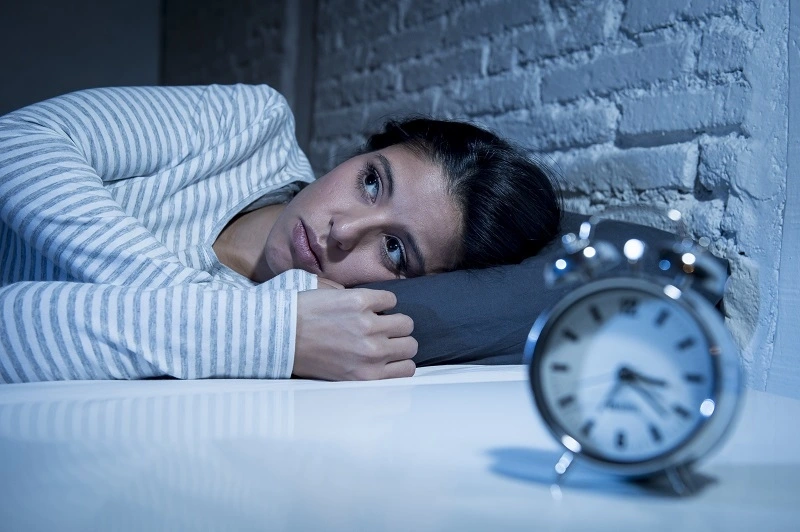
Prolonged lack of sleep directly affects the eyes, causing dryness, fatigue, and blurred night vision.
Lack of sleep not only makes the body tired but also causes multiple problems for the eyes: dryness, light sensitivity, blurred night vision, and even an increased risk of progressive eye disease. In today’s high-intensity work and study environment with digital devices, sleeping less than 6 hours a day can lead to reduced tear quality, poor recovery, and long-term damage to the eyes.
Immediate Effects of Lack of Sleep on the Eyes
Lack of sleep often leads to dry and red eyes due to reduced tear secretion, resulting in a persistent burning, gritty sensation and unstable tear film quality. Many people also experience eyelid swelling and dark circles caused by poor blood circulation around the eyes, making them look sunken and darker. Vision may also become temporarily blurry due to accommodative dysfunction, making it difficult to focus between near and far distances, often accompanied by light sensitivity when exposed to headlights or digital screens at night, causing glare and discomfort.
If not improved with proper eye care methods such as adequate rest, artificial tears, or adjusting workplace lighting, these symptoms can become persistent and have long-term impacts on eye health.
Long-Term Effects of Chronic Sleep Deprivation
| Effect | Description & Consequences |
|---|---|
| Chronic Dry Eye | Unstable tear film, burning or gritty sensation; reduced efficiency during prolonged screen work. |
| Accommodative Dysfunction | Quick eye strain during reading, studying, or close-up work, fluctuating blur, and reduced focus. |
| Risk of Retinal Damage | Reduced ocular blood flow over time increases the risk of macular disorders in susceptible groups. |
| Progressive Myopia in Children | Late sleeping habits, lack of sleep, and limited outdoor activity are linked to rapid myopia progression in children and adolescents. |
| Reduced Healing After Surgery | Following refractive surgeries (LASIK/PRK/SMILE/Phakic ICL), quality sleep supports recovery, while lack of sleep may prolong healing. |
Note: These effects can be more severe in contact lens wearers, older individuals, or night-shift workers.
Who Is Most Affected?

Warning about the serious impact of sleep deprivation on vision.
- Night-shift workers, IT professionals: extended blue light exposure, disrupted circadian rhythm.
- Students preparing for exams: higher frequency of eye strain, dry eyes, and faster myopia progression.
- Older adults: poor-quality sleep accelerates eye aging and reduces tear quality.
- Contact lens wearers: lack of sleep increases the risk of irritation and keratitis if hygiene is inadequate.
Eye Care Solutions When You Must Stay Up Late
- Apply the 20–20–20 rule: every 20 minutes, look 20 feet (~6m) away for 20 seconds to reduce eye muscle strain and minimize fatigue. This is recommended by the American Academy of Ophthalmology (AAO).
- Hydrate and nourish your eyes: drink at least 1.5–2 liters of water daily, and maintain a diet rich in Omega-3 (found in salmon, flaxseed), vitamin A, lutein, and zeaxanthin to improve tear film quality and protect the retina.
- Use artificial tears, preferably preservative-free if used frequently, to avoid corneal irritation. You may also combine with eyelid hygiene therapy (warm compress, lid massage) to improve Meibomian gland function.
- Reduce screen time: switch off devices at least 30 minutes before bed, enable yellow light (“night shift”) mode, and avoid reading in dark rooms that cause pupil strain.
- Schedule regular eye exams at least every 6–12 months to screen for dry eye, progressive myopia, astigmatism, or retinal complications, especially for heavy screen users.
- Optimize your workspace: maintain humidity at 40–60%, avoid direct air-conditioning airflow to the eyes, and position screens 10–15 degrees below eye level to reduce dryness.
- Get enough sleep: 7–8 hours per day helps the eyes regenerate tear film and restore retinal function more effectively.
When Should You See a Doctor?
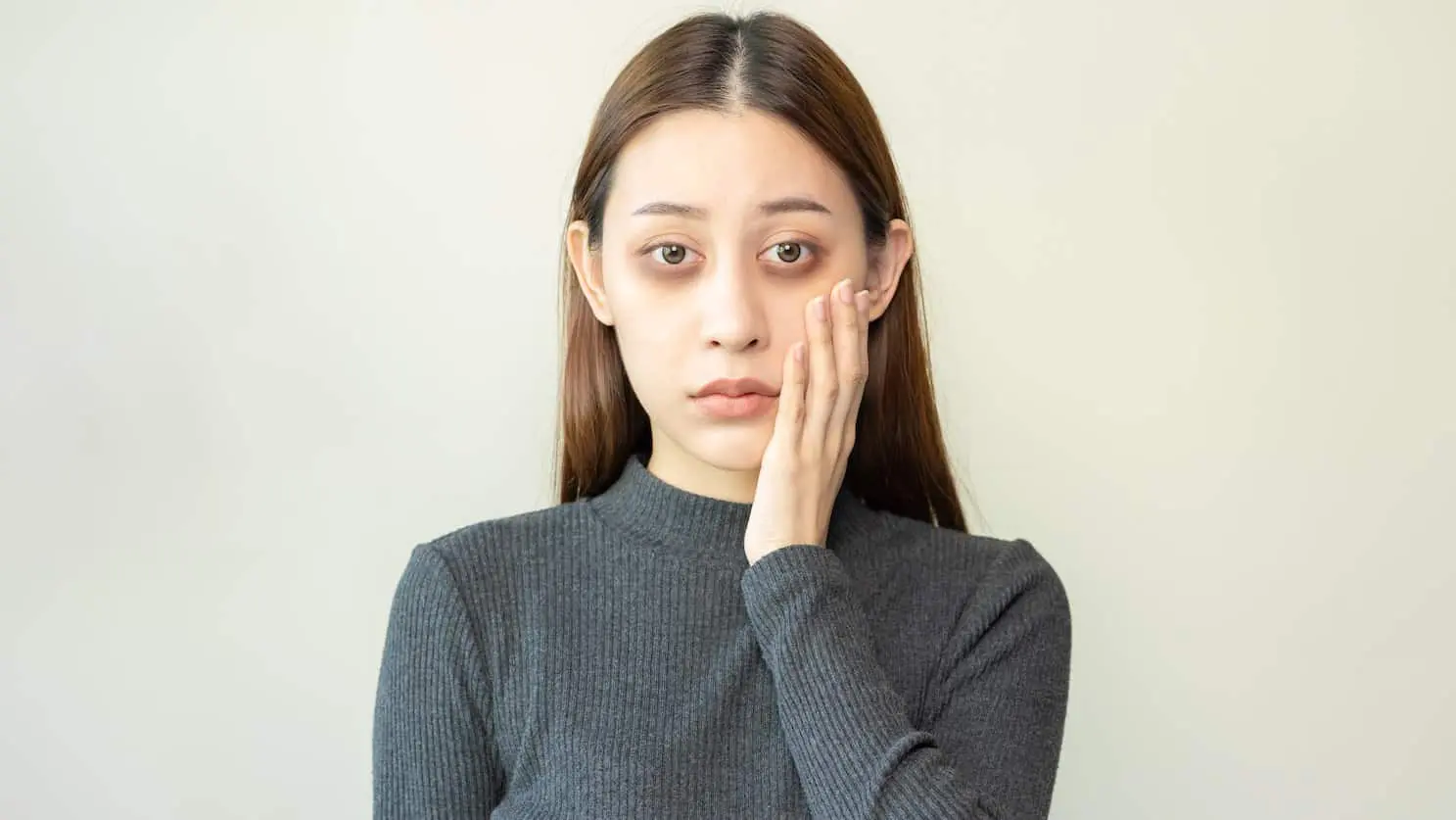
Dark circles and puffy eyelids are clear signs showing that sleep deprivation affects the eyes and blood circulation around the eye area.
When eye symptoms persist and do not improve with basic care methods, you should see an eye specialist promptly. Particularly, if your eyes are red, irritated, and dry despite using artificial tears; if your night vision is blurry making driving difficult or you frequently experience glare; or if you suffer from pain, light sensitivity, and excessive tearing, these are warning signs that require attention.
For children, rapid myopia progression combined with late-night sleeping habits is also a strong reason for early eye checkups to prevent further progression and preserve long-term vision.
Modern Treatment Options at TD Eye
- Phakic ICL: A Collamer® implantable lens placed behind the iris, does not damage the cornea, is biocompatible with the ocular surface, and does not cause dry eyes according to clinical data; provides fast recovery, suitable for patients with high myopia, thin corneas, or dry eyes. Learn more: Phakic ICL.
- Dry Eye Treatment: Includes lid hygiene routine – advanced artificial tears – IPL therapy (when indicated) – and optimizing workplace environment (humidity, posture, lighting).
Conclusion
Lack of sleep has both immediate and cumulative impacts on eye health: dryness, fatigue, light sensitivity, accommodative dysfunction, and potentially worsened retinal conditions or accelerated myopia progression in children. To protect your eyes, ensure sufficient sleep, optimize screen use habits, maintain proper nutrition, and schedule regular checkups for timely and suitable treatment options from specialists.

 vi
vi 31-Aug-2025
31-Aug-2025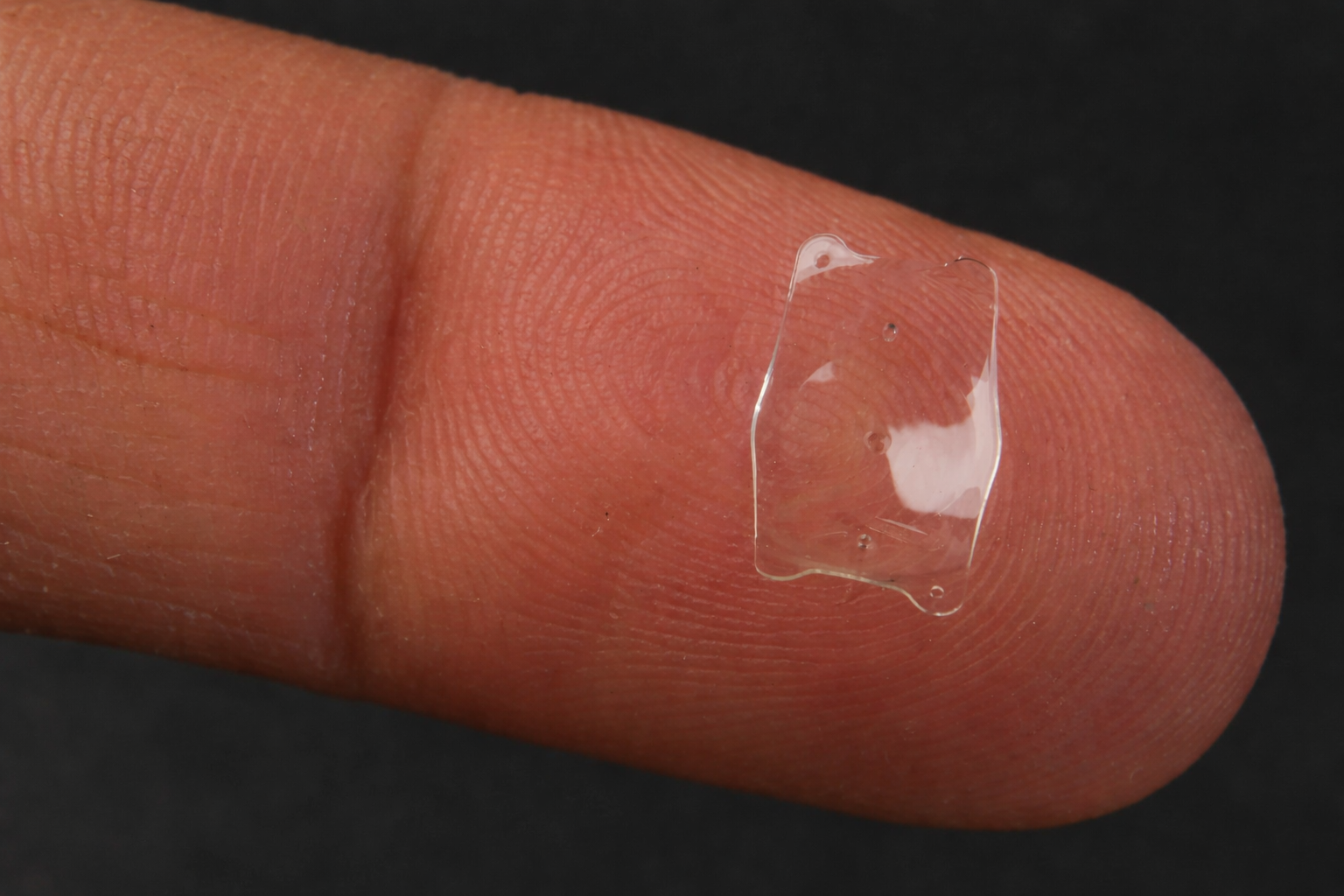



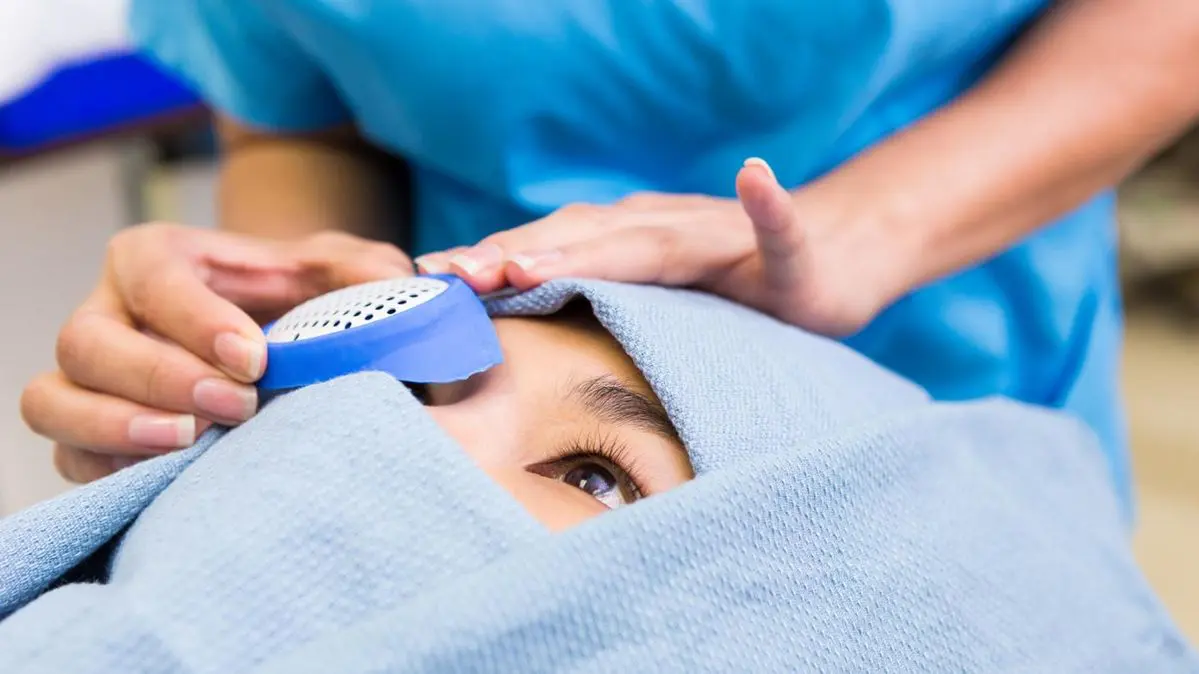
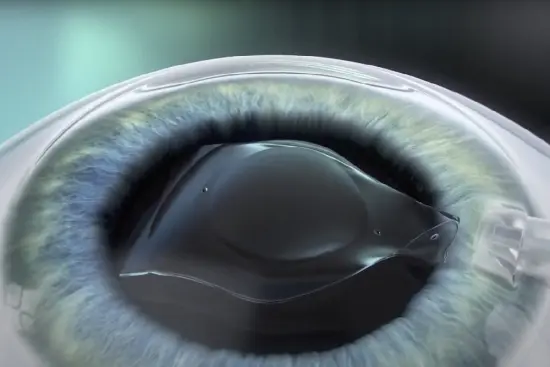




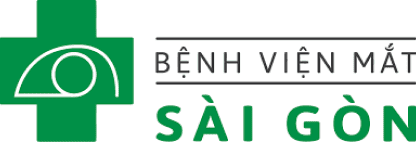

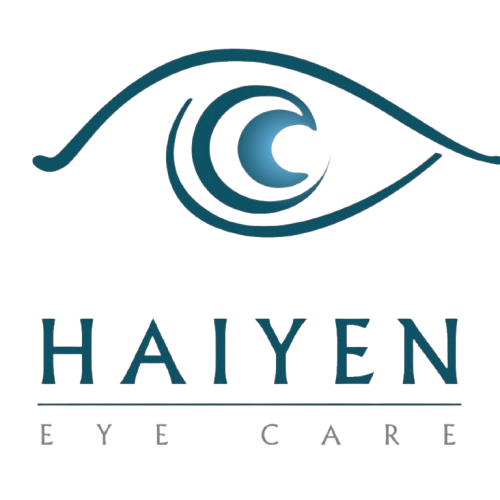

 0916.741.763
0916.741.763 Appointment
Appointment